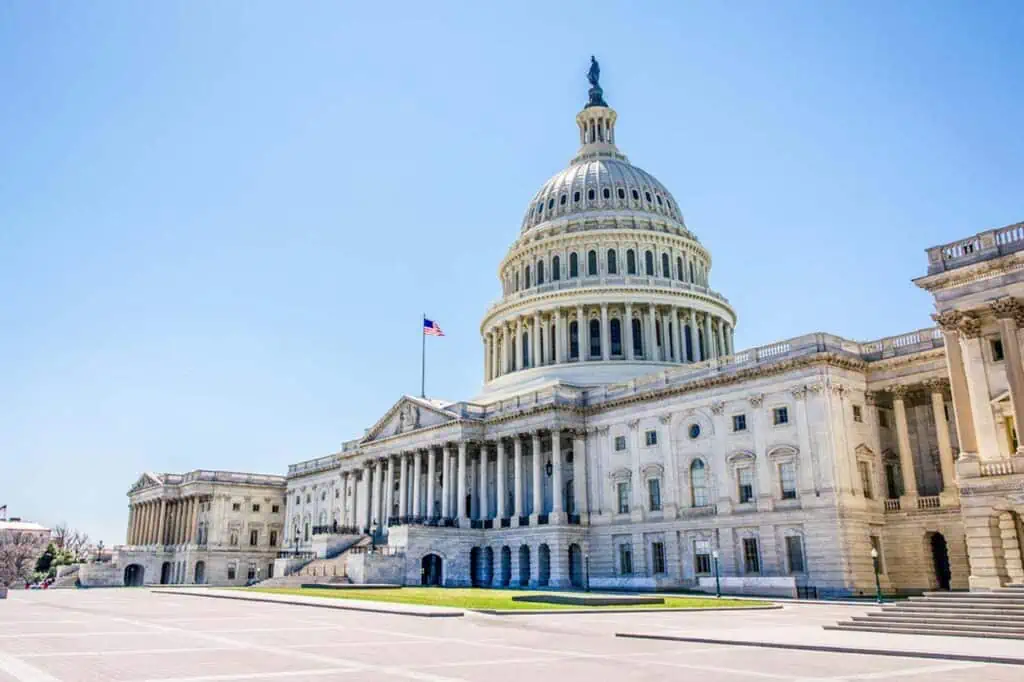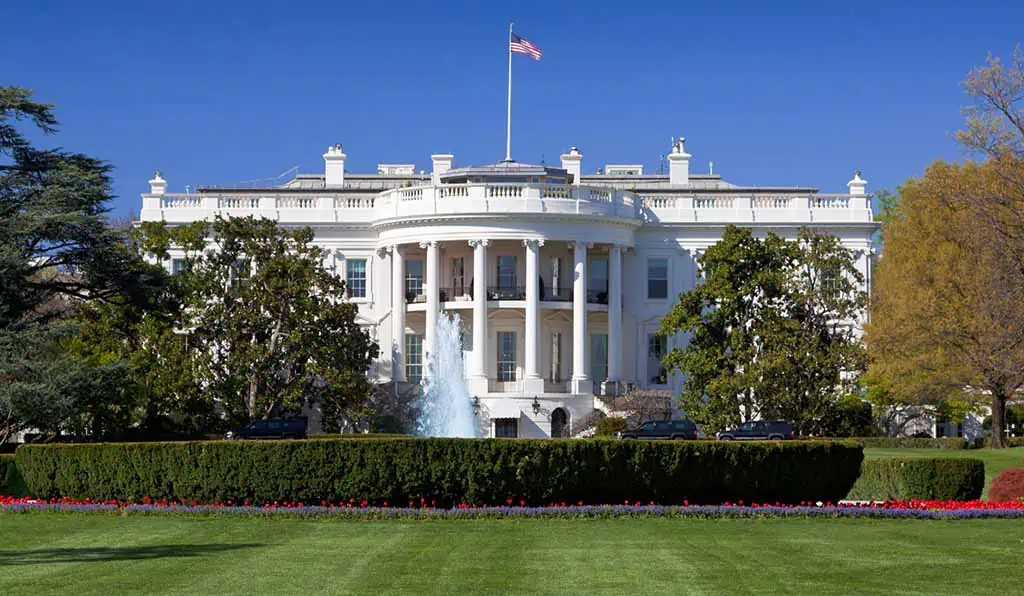Pathways for Immigrant and Refugee Health Professionals Twitter Chat: Key Takeaways
Immigrant doctors, nurses, and pharmacists make up more than 16 percent of health care staff in the United States. Another 263,000 immigrants with undergraduate health care-related degrees are in low-skilled jobs or are unemployed, a majority of them holding international credentials, per the Migration Policy Institute.
The current crisis underscores the need to open pathways for underutilized internationally trained health professionals to join the fight against COVID-19 and contribute to communities across the U.S. now and in the future. Immigrant and refugee health professionals possess the cultural and linguistic competencies needed in the U.S. health workforce.
Here are some key takeaways from a Twitter chat held in early May that World Education Services (WES) and partners engaged in:
1. Immigrants and refugees are on the front lines of the COVID-19 response as health workers, cleaning, food, and other service providers.
A1: Whether they’ve been in the U.S. for months or a lifetime, doctors, nurses, home health aides, cleaners or janitors, cashiers, childcare providers, delivery drivers, & farmworkers are out there, responding to, helping contain, and supporting us all. #AllofUS #ImmigrantsThrive https://t.co/DBA1ot0VLZ
— National Immigration Forum (@NatImmForum) May 7, 2020
2. Immigrant and refugee health professionals contribute linguistic and cross-cultural skills, which are severely needed in the U.S. health workforce.
A2 cont’d: We also know that immigrant & refugee health professionals’ linguistic and cross-cultural skills are special assets in an increasingly diverse country. We know that culturally competent care leads to better health outcomes. #ImmigrantsThrive https://t.co/2EiWdE2G8m
— Upwardly Global (@Upwardly_Global) May 7, 2020
3. Internationally trained health professionals make critical contributions in low-income, rural, and underserved communities.
A2: Foreign-born health professionals make a difference every day, in hospitals, community health centers, and free clinics that are often the only source of care for low-income, rural and other marginalized communities. #ImmigrantsThrive
— MIRA Coalition (@MIRACoalition) May 7, 2020
4. Access to English language training poses a significant barrier to many immigrants and refugees.
English language acquisition is a barrier but specifically accessing English language training that is contextualized to healthcare and their profession. 65% of NYCWBC applicants are too low proficiency for NY-BEST classes.
— CIET LaGuardia (@ciet_lagcc) May 7, 2020
5. There is a clear need for pathways that enable the integration of immigrant and refugee health professionals into the U.S. health care system.
There is a need for advisors and guidance to help immigrant healthcare professionals navigate re-licensing process. Also there is a need for guidance on US healthcare system vs. home country and US job search norms and how to network. Thankfully we have support of @NYCWorkforce1
— CIET LaGuardia (@ciet_lagcc) May 7, 2020
6. Employers and recruiters should recognize the value of international diplomas.
A9: We need to get recruiters/employers understand a foreign diploma or a foreign experience is as valuable as a US experience or US diploma and that immigrants who made the efforts to come to the US have courage, perseverance, multiculturalism that every employer should seek
— Ben (@FrenchBen_PHL) May 7, 2020
7. Immigrant and refugee health professionals stand ready to contribute to the U.S. health care system both during and beyond the COVID1-19 pandemic if licensing barriers are lifted.
“This country gave me a second opportunity…so for me, this is my chance to say thank you.”
Lubab, a surgical pathologist in Iraq, is excited that she will be able to practice again after years of working her way back into the medical field in the United States.
— Refugees International (@RefugeesIntl) May 7, 2020
8. States can take a number of steps to remove licensing barriers that shut out internationally trained health workers. For example, they can fund dedicated residency spots for international medical graduates.
A6: State lawmakers can advance legislation that creates dedicated residency spots & working groups to identify needs within the state. They can also facilitate the opportunities for medically certified immigrants and refugees to fill those gaps. #ImmigrantsThrive https://t.co/btWTMkqmcX
— IRC – International Rescue Committee (@RESCUEorg) May 7, 2020
9. States can help internationally trained immigrant and refugee health professionals avoid unnecessary retraining by establishing standard mechanisms to assess their international experience and credentials.
A6: One of many options available to states would be to develop standards to better assess the experience of internationally trained health workers so people do not have to redo their training once in the U.S. #ImmigrantsThrive https://t.co/rESYE1HA3e
— IMPRINT (@IMPRINTproject) May 7, 2020
10. Immigrant and refugee talent plays a crucial role in defeating COVID-19 and rebuilding the economy once the crisis is over.
A5:The economy, esp post #COVID will require even more innovation, disruptive thinking if we are to recover fast. #Immigrant talent, experience, journeys shared is the key to a vaccine as well as a multicultural pluralistic society where native born & #immigrantsthrive together
— Global Cleveland (@GlobalCleveland) May 7, 2020
11. Beyond the current pandemic, we need to continue to educate communities about the wealth of skills that immigrants and refugees bring to the workforce.
A9: Beyond the #COVID19 pandemic, we must continue to educate our communities about the diverse skills refugees and immigrants bring to the U.S. workforce—and continue to address federal and state barriers that prevent them from reaching their full potential. #ImmigrantsThrive https://t.co/Rf4OZMuLfV
— IRC – International Rescue Committee (@RESCUEorg) May 7, 2020
12. A society that welcomes and integrates immigrants and refugees will thrive.
A11: the more we welcome (w/ love &gratitude) our old friends we’ve just met (#Refugees #immigrants) & help (really help) to integrate them into our systems – health, academia, education, govt, business- the more healthy, alive & joyful will our nation be #immigrantsthrive
— Global Cleveland (@GlobalCleveland) May 7, 2020
We are grateful for all the insights shared during this conversation, and for the efforts of organizations and individuals across the U.S. to achieve professional integration of internationally trained professionals. For past or future conversations about immigrant integration, follow #ImmigrantsThrive and WES on Twitter.
Thank you to participating organizations!
- International Rescue Committee
- Upwardly Global
- National Immigration Forum
- IMPRINT
- MIRA
- Refugees International
- New American Economy
- Church World Service
- Refugee Congress
- National Skills Coalition
- Global Cleveland
- Center for Immigrant Education & Training (CIET) at LaGuardia Community College
Click here for more from WES Global Talent Bridge.




